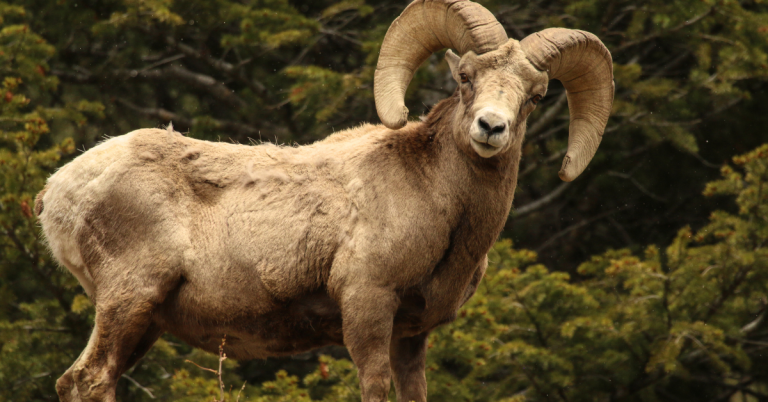Great white shark hunting guide
Welcome to the ultimate hunting guide for Great White Sharks. This comprehensive guide will provide you with all the necessary information to understand, locate, and hunt this formidable predator ethically and responsibly. We will cover everything from behavior patterns to legal considerations, ensuring you are well-prepared for your adventure.
Understanding Great White Shark Behavior
Great White Sharks are apex predators found in coastal surface waters in all major oceans. Known for their powerful bodies, sharp teeth, and keen senses, understanding their behavior is crucial for a successful hunt. Great Whites typically feed on marine mammals, including seals, sea lions, and smaller whales. They exhibit territorial behavior, with specific hunting grounds and migratory patterns, and often use ambush tactics, striking from below to utilize the element of surprise. Their presence in certain areas can vary with the season, making it important to study their seasonal patterns.
Choosing the Right Hunting Location
Selecting the proper hunting location is vital for encountering Great White Sharks. South Africa’s Seal Island, Australia’s Neptune Islands, and California’s Farallon Islands are renowned Great White territories, while areas like Guadalupe Island in Mexico and the coasts of South Africa are part of known migratory paths. Great Whites prefer temperate waters, typically between 12-24°C (54-75°F), so targeting regions with these water temperatures increases the likelihood of encounters.
Effective Hunting Tactics
Effective hunting of Great White Sharks requires skill and strategy. Chumming, which involves using fish parts and blood to attract sharks to the area, is a common technique. Cage diving allows hunters to observe and target sharks from the safety of a cage, providing both protection and a vantage point. Tagging and tracking sharks using technology helps monitor their movements and plan your hunt accordingly. Additionally, employing bait and lure techniques can draw sharks closer for a clear shot.
Ethical and Responsible Hunting
Hunting Great White Sharks comes with great responsibility. It is essential to follow local and international regulations protecting sharks, ensuring that your actions do not harm the ecosystem. Respect for marine life and habitats is paramount, as is the commitment to utilizing all parts of the shark to prevent waste. Supporting conservation efforts to maintain shark populations and marine health further emphasizes the ethical approach to hunting.
Field Dressing and Meat Processing
Processing a Great White Shark is a specialized task that requires prompt attention. Field dressing should be performed quickly to prevent spoilage, focusing on removing internal organs and blood. Skinning and filleting involve using sharp knives to separate the meat from the skin and bones. Proper storage, whether refrigerated or frozen, is necessary to preserve freshness. Shark meat can be used for various dishes, and other parts can be utilized for souvenirs or further study.
Species and Subspecies
While Great White Sharks are a distinct species (Carcharodon carcharias), understanding their variations can be helpful. Regional differences may result in slight variations in behavior and size among Great Whites in different areas. It is also important to know the differences between Great Whites and other large sharks like the Mako or Tiger Shark, as this knowledge aids in accurate identification during a hunt.
Hunting Legality by Area
Laws regarding the hunting of Great White Sharks vary by location. Many regions have designated marine protected areas where shark hunting is illegal. Some areas may require specific permits or quotas for hunting sharks, so it is crucial to be informed about these regulations. Awareness of international agreements such as CITES, which protect endangered species, is also necessary to ensure compliance with global conservation efforts.
Legal and Cross-Border Considerations
When planning a cross-border hunting trip, several legal considerations must be taken into account. Import and export regulations govern the transport of shark meat and parts, and customs procedures require thorough documentation to facilitate legal transport. It is essential to respect local laws, as each country may have unique regulations regarding shark hunting, ensuring that your activities remain lawful and respectful of regional practices.
Safety Tips
Hunting Great White Sharks is inherently dangerous and requires rigorous safety measures. Proper equipment is essential, with reliable gear and functional safety devices being a priority. Hunting with an experienced crew familiar with shark behavior and emergency procedures enhances safety. A comprehensive first aid kit is necessary to address potential injuries, and monitoring weather and sea conditions helps avoid hazardous situations.
FAQs
Where is the best place to hunt for Great white shark?
The best locations for hunting Great White Sharks include South Africa, Australia, California, and Mexico.
What is the best time to hunt for Great white shark?
The optimal time for hunting varies by location but generally aligns with the migratory and feeding patterns of Great White Sharks.
what is the reason for hunting?
Hunting Great White Sharks can be driven by sport, the pursuit of adventure, scientific research, or the utilization of shark products.
what is the reason for hunting?
Hunting Great White Sharks can be driven by sport, the pursuit of adventure, scientific research, or the utilization of shark products.






